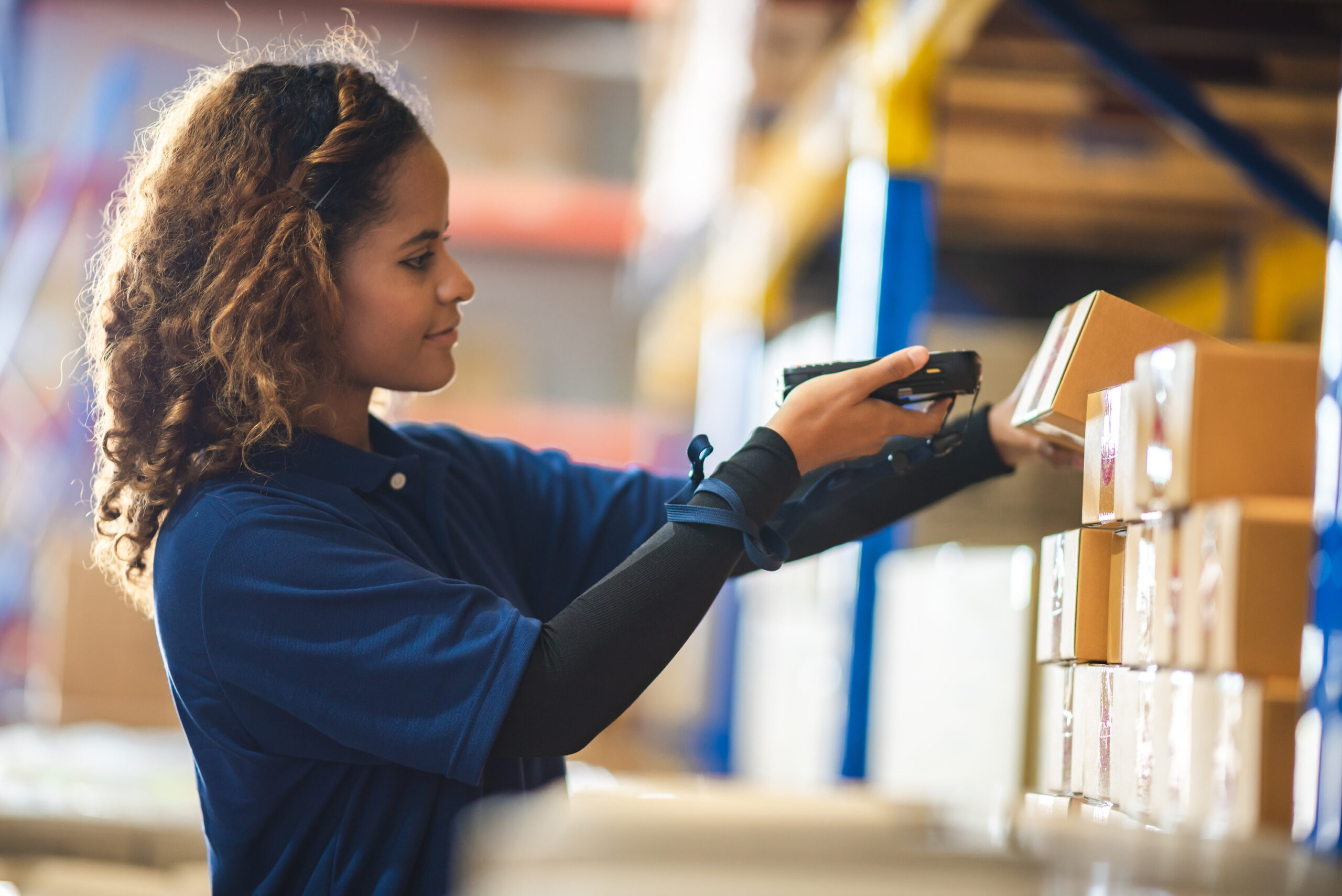
13 Apr The Benefits of Investing in Retail Equipment Leasing
Retail equipment leasing is becoming increasingly popular among business owners. This type of leasing allows businesses to purchase and use the necessary equipment without having to pay the full purchase price up front. Instead, businesses can lease the equipment for a predetermined amount of time and pay a fixed monthly payment. This gives businesses the flexibility to upgrade their equipment when needed and keeps their cash flow under control.
Retail equipment leasing has many advantages, including:
1. Increased Cash Flow
One of the primary benefits of retail equipment leasing is the fact that businesses don’t have to worry about a large up-front cost. By leasing the equipment, businesses can spread out the cost over the course of the lease agreement, allowing them to free up cash flow for other business needs. This is especially beneficial for small businesses that may not have the necessary funds to purchase the equipment outright.
2. Flexibility
With retail equipment leasing, businesses have the flexibility to upgrade their equipment when needed without having to worry about the cost of a new purchase. This allows businesses to keep up with the latest trends in the market and ensure that their equipment is up to date. Additionally, businesses can choose to lease for shorter periods of time and upgrade more frequently if necessary.
3. Tax Advantages
Leasing has tax advantages that come along with it. For instance, businesses can deduct the payments made on the lease from their taxes. This can help businesses to save money on their taxes and increase their overall profits. Additionally, businesses can also deduct the depreciation of the equipment from their taxes, which can help to reduce the overall cost of the lease.
4. Lower Upfront Cost
One of the main advantages of retail equipment leasing is the fact that businesses don’t have to worry about a large up-front cost. This helps to keep cash flow under control and allows businesses to invest in other areas of their business. Additionally, businesses can negotiate the terms of the lease to suit their needs, which can help to lower the overall cost of the lease.
5. Reduced Maintenance Costs
When businesses lease equipment, they have access to the latest technology that is available. This means that the equipment is often more reliable and requires less maintenance, which can help to reduce overall costs. Additionally, leasing often includes maintenance and repair services, which can help to reduce the amount of time and money that businesses have to spend on maintenance and repairs.
6. Increased Productivity
Leasing the latest equipment can help businesses to increase their productivity and efficiency. The latest equipment is often more powerful and efficient, which can help businesses to save time and money. Additionally, businesses can use the equipment to streamline processes and increase their overall output.
7. Easy to Upgrade
Retail equipment leasing provides businesses with an easy way to upgrade their equipment. Instead of having to purchase a new piece of equipment, businesses can simply upgrade the equipment they are currently leasing. This can be done without any disruption to operations and can help businesses to keep up with the latest advancements in the market.
Conclusion
Retail equipment leasing offers many different advantages for business owners. By leasing the equipment, businesses can enjoy increased cash flow, flexibility, tax advantages, lower upfront costs, reduced maintenance costs, increased productivity, and the ability to easily upgrade their equipment. Ultimately, retail equipment leasing can help businesses to stay competitive in the market and increase their overall profits.

